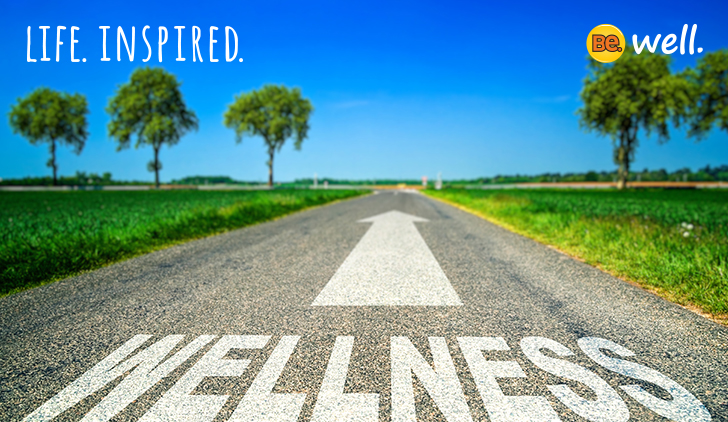
We’ve heard the saying, “Life is a journey, not a destination.” Well, the same holds true for our well-being. While there is no single definition, well-being involves viewing life positively and feeling good. Key drivers of well-being include physical, emotional and financial health as well as social connectedness. So, what does each driver mean?
Physical health
When we think of well-being, we probably first think about physical health. Things like eating right, exercise and sleep play a vital role in our physical well-being. Adults should aim for 150 minutes of moderate aerobic activity each week and engage in strength-training activities that work all muscle groups at least 2 days a week. And getting a good night’s sleep, between 7 and 9 hours, gives us the rest we need.
Emotional health
Emotional health is as important as physical health. Emotional well-being includes awareness of our thoughts and feelings, connection through appreciation and gratitude, insight into our values and motivations, and having a sense of purpose for what’s meaningful in our life. Research shows that when people are engaged in and enjoy their daily activities, stress and worry decline and well-being increases.
Financial health
It’s said that money can’t buy happiness. Financial well-being isn’t about how much money you make; it’s about how comfortable you are with your short- and long-term finances and how well you manage the money you do have.
Social connectedness
Humans are social beings by nature, so it’s no surprise the strength of our relationships with others plays a critical role in our well-being. Research shows that positive social connections — personal and at work — contribute to our health and happiness.


